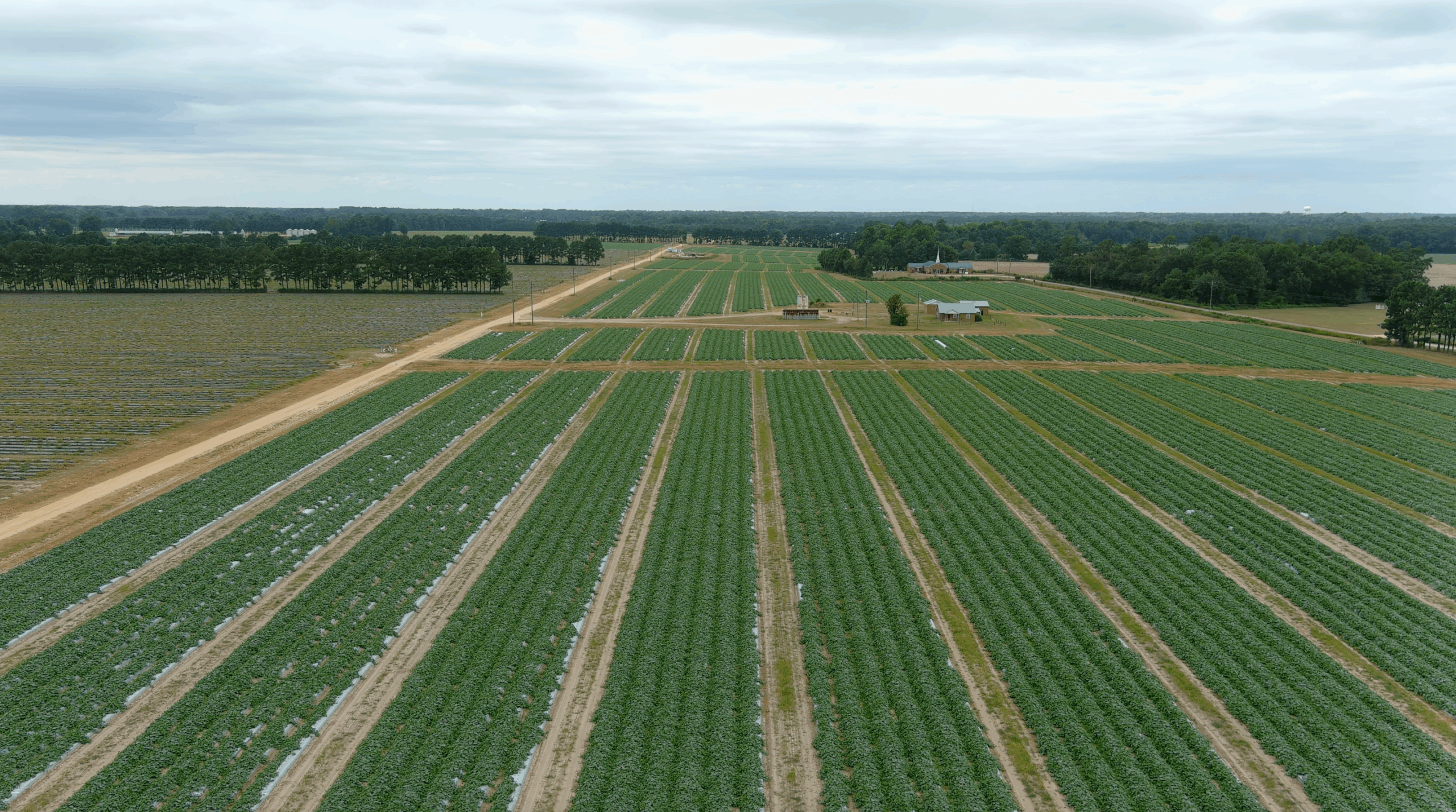“We were ill-prepared,” Jacobs said. “We’re very resilient people and we take whatever comes and do the best we can. But the quality of life was not good during these events…That made us as a whole really decide we needed to find a way to act rather than react.”
“One of the challenges with extreme heat is it is not as dramatic as what we see with hurricanes or tornadoes,” noted the Hub’s director, Dr. Ashley Ward. “So it sort of quietly erodes our health, our economies, our infrastructure, our productivity…. Once it becomes really damaging, really extreme, that’s when we start to react to it. And that’s usually the worst way to react to hazards.”
Pastor Neil Bernard launched the Lighthouse in 2021 after Hurricane Ida left neighbors sweltering for days without power. With funding and support from the Greater New Orleans Foundation and Together New Orleans, his team transformed the building into a resilient hub for both disaster response and everyday community life.
Communities have long identified this problem as something they’re dealing with. They’ve just been waiting for the rest of us to catch up...It’s not the same heat from your grandparents’ era anymore.
Ashley WardDirector, Duke University Heat Policy Innovation Hub
The Lighthouse model focuses on working through leaders already trusted within a community, Ward said, and that’s where the Coharie community leaders come in. “They have a true public service culture and approach. They have long been leaders in this space,” she said. “We have a lot to learn from them that can be translated to other organizations that want to do the same.”
